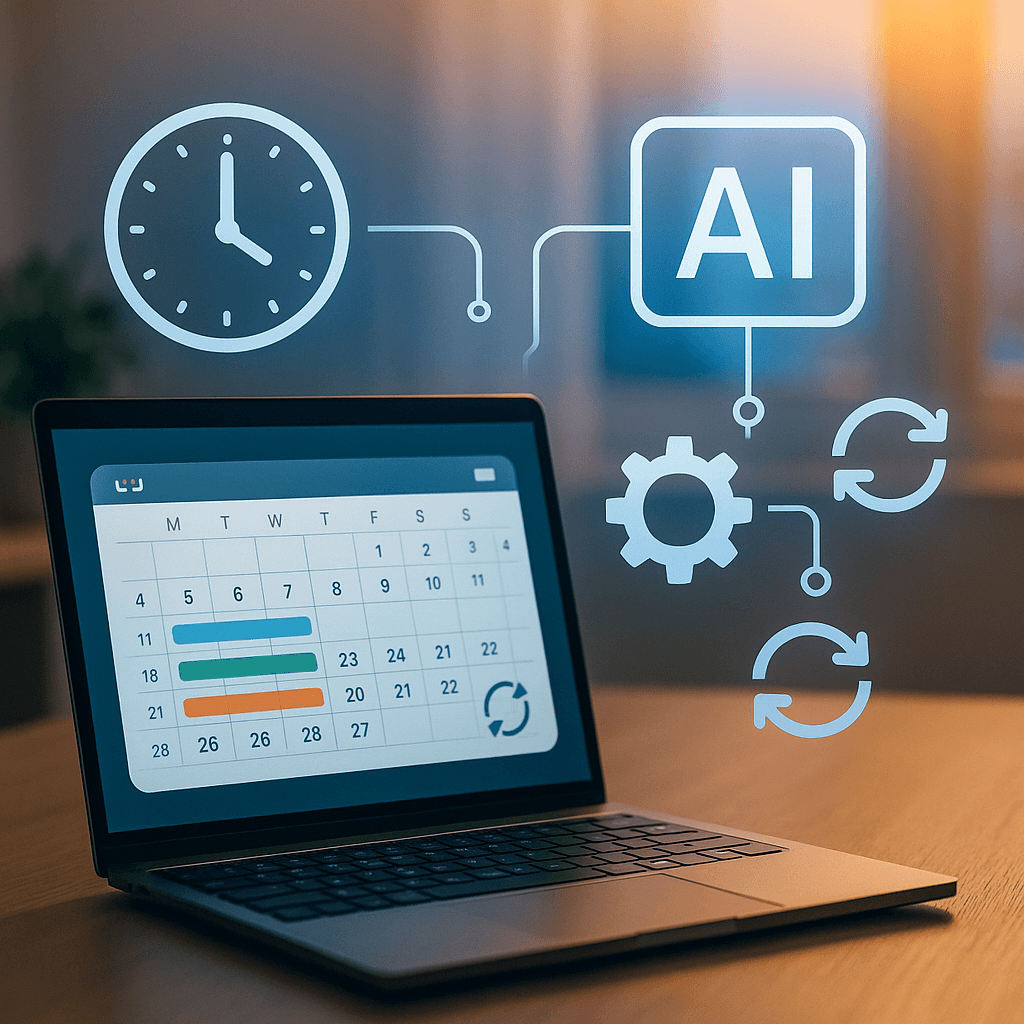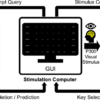In a significant update that enhances its competitive standing, Google has introduced scheduled actions for its AI assistant, Gemini. This feature aligns Google’s offering with OpenAI’s popular ChatGPT, which has provided similar automation capabilities for several months. Both AI platforms now allow paid subscribers to set up recurring tasks, such as daily weather updates or weekly trivia questions, without requiring the app to be actively open.
Priced at $20 monthly for both the Google AI Pro and ChatGPT Plus subscriptions, users can manage up to 10 scheduled actions simultaneously. This move is strategically timed as companies in generative AI increasingly vie for user engagement. The scheduling feature transforms these chatbots from sporadic tools into reliable digital assistants that can proactively meet users’ needs.
Google’s documentation outlines potential use cases, suggesting routines like receiving a weather and news report every morning at 7 AM or meal suggestions each evening at the same time. Users can easily instruct the AI to perform tasks like “generate an image of a cat playing with a ball of yarn every Monday at 12 PM,” and the AI will confirm the details before executing the action. Notably, these tasks will run regardless of whether the user is online, with notifications delivered through email or push alerts.
The subscription model remains consistent across both platforms, set at $20 per month, with a limit of 10 simultaneous actions that compel users to prioritize their requests carefully. While Google’s Gemini supports scheduling on daily, weekly, and monthly cycles, more complex arrangements, such as tasks scheduled for “every second Tuesday,” are currently not accommodated.
Differences in user interfaces are apparent when comparing the two platforms. Gemini allows direct editing capabilities within its web version, while ChatGPT necessitates a visit to a dedicated task management panel found under Settings > Notifications > Manage tasks. The mobile applications for both services replicate their respective web functionalities, although ChatGPT’s task boxes offer more control options for users.
The Shift Towards Proactive AI Assistance
This new feature signifies a notable shift towards proactive AI assistance. Instead of waiting for user prompts, these systems are now designed to anticipate and fulfill user needs based on predetermined schedules. Early use cases extend across various domains, including productivity—such as preparing daily agendas or setting deadline reminders—entertainment—like prompting trivia questions or aiding in creative writing—and wellness, where they can provide workout motivation or meal planning suggestions.
As the landscape of AI continues to evolve, the introduction of scheduled actions by Google represents not only a direct challenge to OpenAI but also a broader trend in the AI industry: the quest to embed AI deeper into daily routines. This strategic enhancement ensures that both Google and OpenAI remain relevant as they work to transform their products into indispensable tools for everyday life.
See also Elon Musk Launches Grokipedia as AI-Powered Rival to Wikipedia, Faces Criticism for Accuracy
Elon Musk Launches Grokipedia as AI-Powered Rival to Wikipedia, Faces Criticism for Accuracy English High Court Rules on Getty’s IP Claims Against Stability AI, Leaving Key Issues Unresolved
English High Court Rules on Getty’s IP Claims Against Stability AI, Leaving Key Issues Unresolved IonQ Outperforms D-Wave in AI Potential with $39.9M Q3 Revenue vs. $3.7M
IonQ Outperforms D-Wave in AI Potential with $39.9M Q3 Revenue vs. $3.7M Microsoft Acknowledges AI Backlash as Users Shift to Linux Amid Windows 10 Support End
Microsoft Acknowledges AI Backlash as Users Shift to Linux Amid Windows 10 Support End





































































